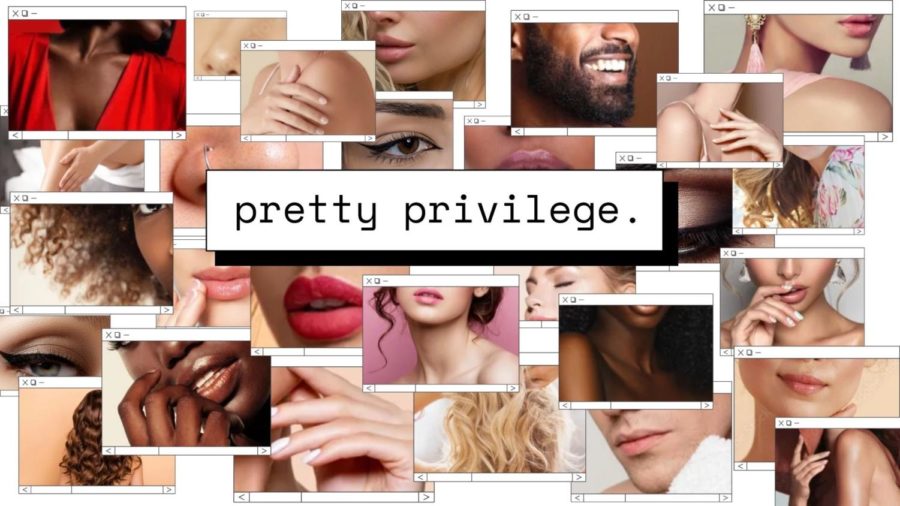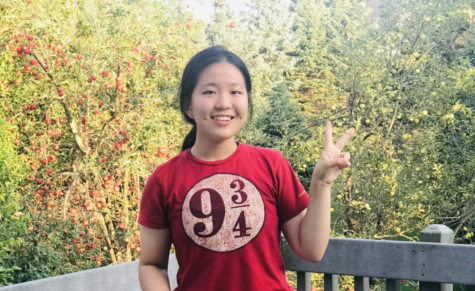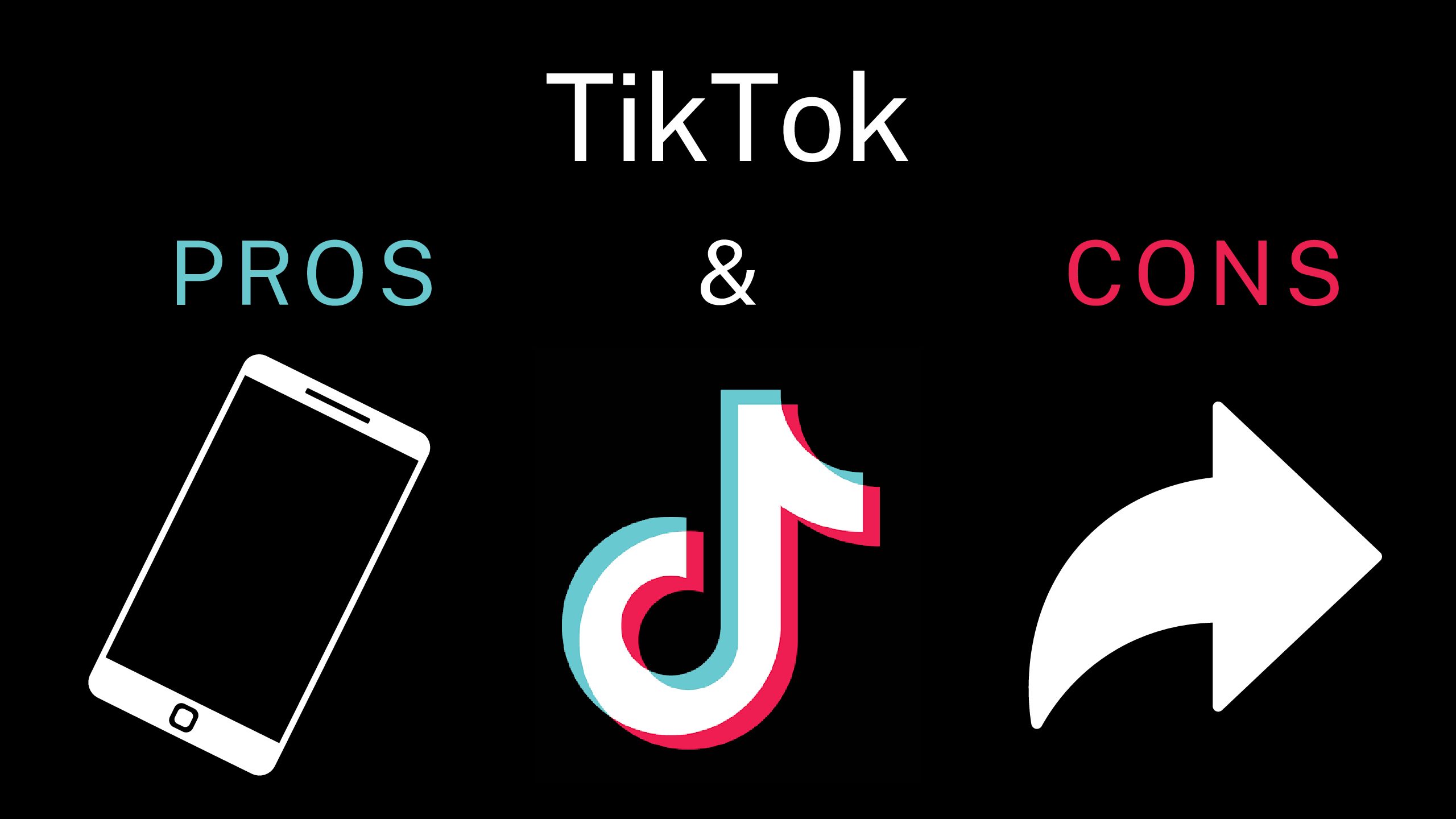Pretty Privilege
Pretty privilege, also known as “beauty bias,” is the principle that people who are considered more physically attractive are often given more opportunities than someone less attractive.
February 10, 2022
Pretty privilege, also known as “beauty bias,” is exactly what it reads on the can — the principle that people who are considered more physically attractive are often given more opportunities than someone less attractive. In simpler terms; more attractive people are given more privileges.
It could be something as simple as a stranger holding the door open for a more attractive person, but not for you. Something trivial as an extra smile your way, a kinder attitude. It could be as simple as your impressions of someone becoming more negative or positive according to their appearance. But according to Mobius & Rosenblat, 2006, pretty privilege has bigger advantages than slight things such as someone holding the door open for you. It could mean being seen as a more competent employee and paid more, a better student and affect academic success, a greater partner — all because of your appearance.
Pretty privilege is everywhere you look.
This is not to say that all of an attractive person’s success is from physical appearance alone — but only to mention that having a face/body/physique that matches the media’s beauty standards gives some an extra benefit that others do not always have.
In fact, there’s also a lesser-known opposite of pretty privilege. According to research, people tend to have higher expectations of more attractive people, so when they fail to live up to those expectations, they’re punished more harshly than their perhaps less attractive counterparts. Many people believe that if someone is attractive, everything bad that happens to them is their own fault, or that all of their success is only attributed to their appearance.
And while being attractive can help in your career, a study has suggested that people who are highly attractive can be at a disadvantage in the hiring process if the decision-makers are of the same sex. Similarly, there’s evidence that female beauty can be a problem in jobs with strong gender stereotypes. Although, it should be noted that these pitfalls don’t seem to be true for attractive men.
But what matches the standard of physically “attractive?” Well, western beauty ideals include being young, thin, tall, able-bodied, and having light/tanned skin. Of course, attractiveness is largely subjective (and recently, beauty standards have gotten more diverse) but these are the stereotypical receivers, and the people who typically benefit the most from “pretty privilege.”
The idea of pretty privilege has morphed into a belief that conventionally attractive people have perfect lives, are never mistreated, have any troubles, and their success is only attributed to a pretty face.
All of these stereotypes are very harmful, even if they don’t appear to be on the surface.
Pretty privilege, like all of our biases, can be unconscious. We may unknowingly create an impression of a person in our minds based on the way someone looks. As much as we can try to be bias-free, appearance truly has a lot to do with how we perceive people.
According to hypnotherapist Andrew Pearson, this bias is ingrained in us, something we are conditioned to from as early as birth. “A baby’s eyes are much larger in relation to the size of their heads and their noses conversely much smaller. The adult brain is conditioned to see this combination of large eyes and small nose and to feel an urge to love and protect. Is it any wonder that the same killer combo should be so effective when we have grown into an adult?”
This is closely related to a phenomenon called the “Halo Effect,” which implies that we subconsciously assume a trait of one person is a reflection of their overall character and is used to make an overall judgment of that person or thing. In simpler terms: when people link all kinds of positive features to the person because of their beauty by association. The Halo Effect is very frequently influenced by one’s physical appearance, and people who are regarded as more conventionally attractive are also regarded as having more favorable characteristics.
For example, a more physically attractive person could be pegged as intelligent, funny, and likable, or a less physically attractive person could be labeled as lazy, intelligent, or unlikable — all going off nothing other than their physical appearance.
Everyone has their own ideas for beauty, and their own biases.
But at the end of the day, no matter how someone looks, appearance will only be your most superficial first impression of them, whether that be positive or negative. First impressions can always be changed, so what’s the most important is what lies beneath.
Even though our biases already create an image of someone in our minds based on their appearance, we can always try and improve ourselves. Like nikolaecuza on Tumblr once said; The first thought that goes through your mind is what you have been conditioned to think; your next thought next defines who you are.
Next time you interact with someone, try to keep in mind that your biases will affect the way you see the world and the people around you. Remain open-minded, and do your best to not let stereotypes about people’s appearance affect how you treat them.







